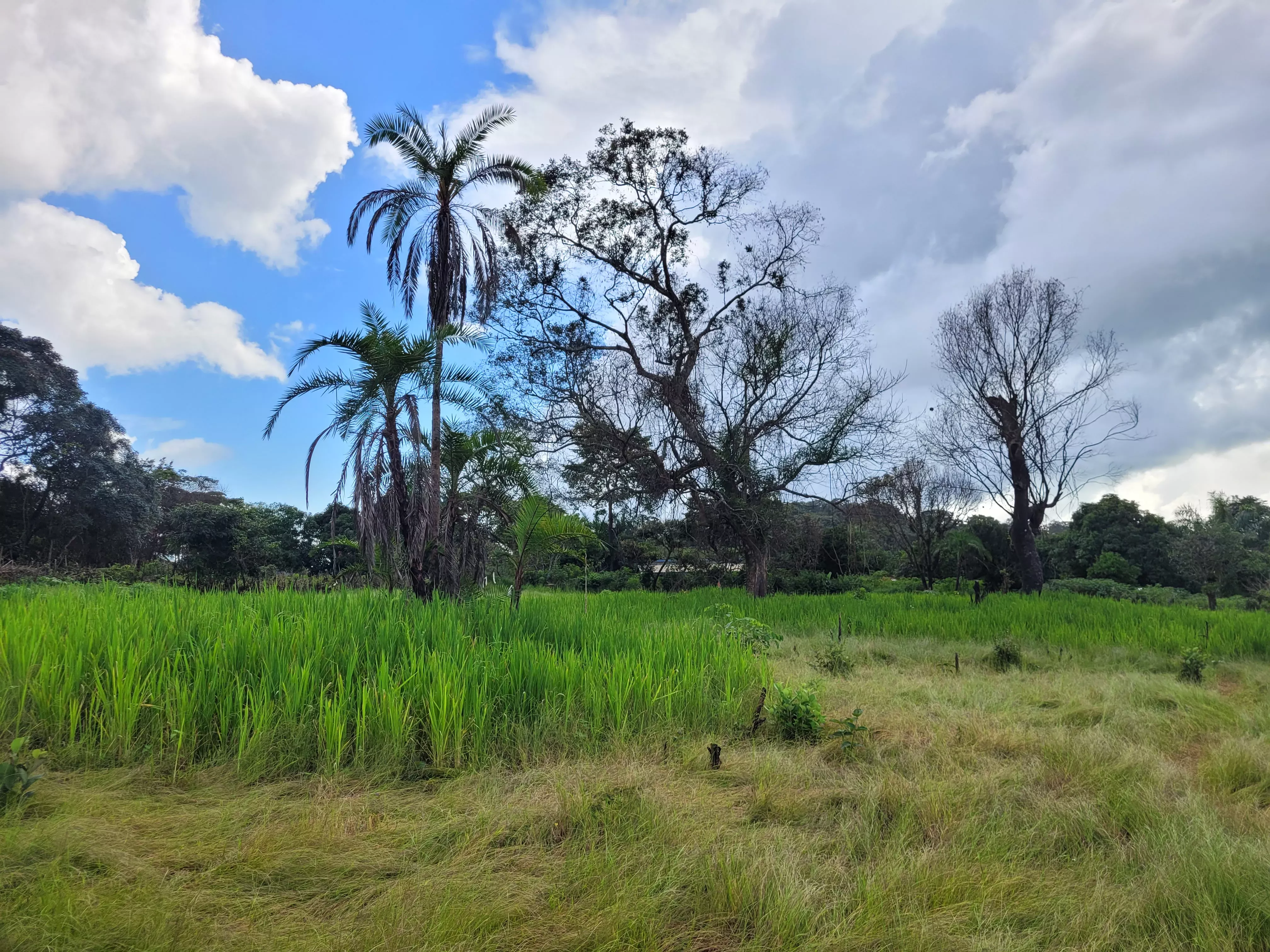AGRIHIST - Agri-system histories and trajectories
Linking crops, landscapes, and heritage in Ethiopia and Guinea

Globally, agrobiodiversity has declined markedly since the mid-twentieth century, partly prompted by the increasing focus on a narrow range of high-yielding crop varieties, which are often grown in association with mechanisation, intensive irrigation, and the use of agro-chemicals. Varietal diversity is especially preserved in the small holdings of local and indigenous communities, making these important areas for in situ conservation of crop landraces (local varieties) in general, and especially of indigenous and traditional crop species. Local crops together with associated traditional practices and knowledge are, however, increasingly endangered for many reasons, including new crop introductions and farming practices, urbanisation and social change, attitudes to crops, and changes within food cultures.
In this project, we aim to create a holistic framework to study traditional agri-systems within their local agroecological, cultural, and historical settings. A key aim is to develop approaches for (i) recording knowledge about indigenous and traditional food crops (also often termed orphan, forgotten or underutilised), including about their resilient traits, commercial or cultural role, and (ii) documenting local crop changes in recent decades to better understand drivers of diversity loss.
We focus on case-study regions in Ethiopia and Guinea. These countries are both within centres of crop diversity and are therefore key locations to study agrobiodiversity and the ways it is created and maintained within cultural systems. For example, Guinea lies within the wider West African domestication region for African rice, fonio and yams. Ethiopia is especially well-known as a centre of diversity, with several specific indigenous species, such as teff and enset, whilst some areas of the country additionally fall within the wider potential East African domestication zones for crops like sorghum and lablab.

The project looks to establish new interdisciplinary approaches to study agriculture, crops, and food systems, and to design and pilot research methods to study traditional agri-systems. Although we aim to develop an ‘overarching’ framework to study current diversity and recent change, we also explore how ethnobotanical methods must be adapted within each region depending on the extent to which traditional cultivars and practices persist, the complexity of temporal change, and the types of crops being studied. Case studies include (i) fonio and the wider agri-systems in the central Guinea highlands, (ii) sorghum and the wider agrisystems in Konso, southern Ethiopia (iii) yams in eastern Guinea.
Some fieldwork has been conducted purely by project partners (Addis Ababa University, Guinea Herbarium) due to covid, with the first fieldwork trip joined by the UK team being in central Guinea – and in collaboration with George Burton whose research into Digitaria includes a focus on fonio, its genomics and Sustainable Agriculture in West Africa.
Climate change as well as loss of traditional knowledge of crop varieties and land management are threats to future diversity. Through developing holistic interdisciplinary and biocultural approaches, the project hopes to help create a better understanding of how current agrobiodiversity connects to local ecological context, diversity of agricultural practices, cultural preferences, and temporal change. Linking ethnobotanical studies of agrobiodiversity within a cultural and historical context, can contribute towards strategies for coping with climate change, by understanding reasons for landrace loss, preservation, and distribution.
Philippa Ryan - PI, partnerships, interdisciplinary research
Benedetta Gori
George Burton
Project Partners
Addis Ababa University
Guinea Herbarium